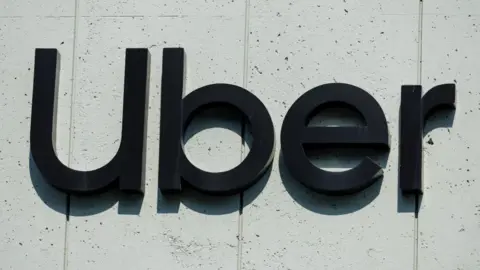US FTC Sues Uber Over Deceptive Subscription Practices and Difficult Cancellation Process
The US Federal Trade Commission (FTC) has filed a lawsuit against ride-hailing giant Uber, alleging deceptive billing practices and an excessively complicated cancellation process for its premium subscription service, Uber One. Filed on Monday, the case centers around accusations that Uber obtained customer consent for the $9.99 monthly or $96 annual subscription without fully informing users about the terms and conditions. The FTC’s complaint highlights a significant obstacle for consumers attempting to cancel – navigating an arduous process requiring up to 23 screens and potentially taking up to 32 actions, often resulting in lengthy delays.
The lawsuit specifically cites instances where customers were allegedly enrolled in Uber One without explicit consent, with one consumer reporting being charged despite not having an active Uber account. While Uber disputes the claim that cancellations are now excessively difficult – stating they can be completed within seconds through the app – the FTC contends that previous procedures required contacting support within 48 hours of the next billing cycle.
The legal action marks a significant development, representing the FTC’s first lawsuit against a major US tech company since President Donald Trump took office for his second term in January. This case follows a landmark antitrust trial concerning Meta (formerly Facebook), which began last week and could potentially force the social media giant to divest Instagram and WhatsApp, acquisitions that were previously approved by the agency. The FTC alleges that these acquisitions solidified Meta’s dominance in the social media landscape. Uber’s spokesperson issued a statement denying the allegations, asserting that the company “does not sign up or charge consumers without their consent.” The outcome of this lawsuit could have significant implications for how tech companies handle subscription services and consumer privacy.









Post Comment